Best Foods to Eat If You Have Dry Eye
Did you know that what you eat can impact your eyes? In this blog, we’ve listed some of the best foods to eat if you have dry eyes.
How can lifestyle changes affect Dry Eye Syndrome?
Dry Eye Syndrome is a multifactorial disease, which means that many different factors contribute to the disease and symptoms that sufferers of Dry Eye experience.
By that same token, there are many different treatments and methods that can be used to alleviate Dry Eye symptoms. Medications, artificial tears, and eye drops such as VisuXL Gel® are essential components in any treatment plan for sufferers of chronic Dry Eye Syndrome, and provide the backbone to any other methods of alleviation.
But, lifestyle changes can work in tandem with medication to help alleviate symptoms and improve the quality of life for people living with Dry Eye. One of the main ways people can do this is by making healthy eating choices and discovering which foods are good for combating Dry Eye. For more information on lifestyle and Dry Eye, visit our blog: 6 Lifestyle Tips to Help Dry Eye
Which foods are best for dry eyes?
By eating the right foods, you can consume vitamins that will help your dry eyes. The following foods are the best to eat, to help your condition:
1. Leafy Greens
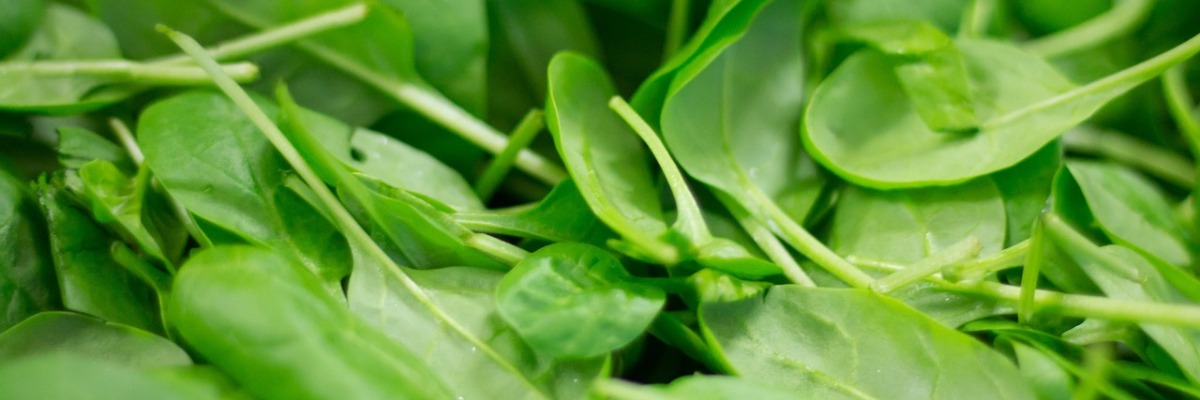
Leafy greens like kale, spinach and even broccoli are rich in the antioxidants lutein and zeaxanthin. These help to protect the macula, the area that gives us the most detailed vision.[1] They also contain vitamin C which can reduce inflammation and oxidative stress levels, lowering the chances of eye problems.[2]
1. Fish
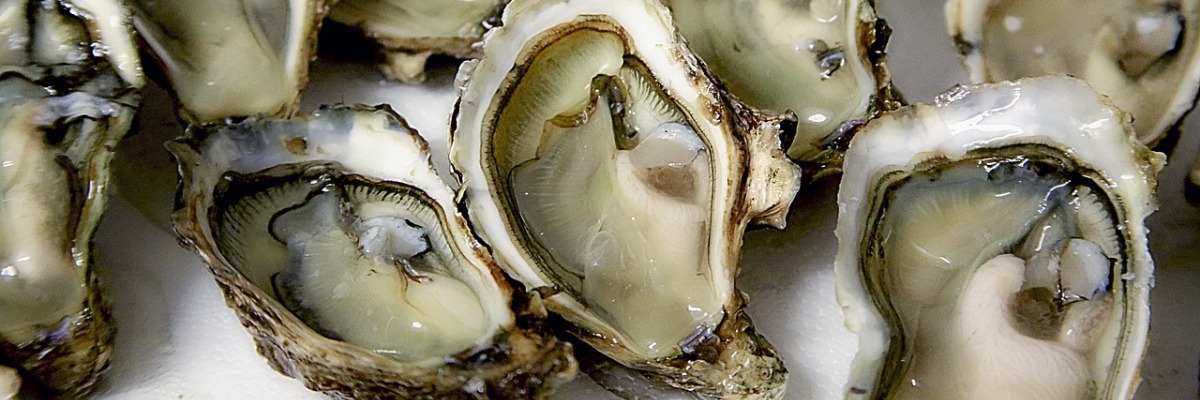
Fish, and molluscs like oysters contain Omega 3 fatty acids, which can help to reduce inflammation in the eyes, especially in the tear ducts.[3] This is extremely beneficial to people suffering from Dry Eye, because it can aid the quantity and quality of tear production, alleviating symptoms.[4]
3. Sweet Potato and Carrots
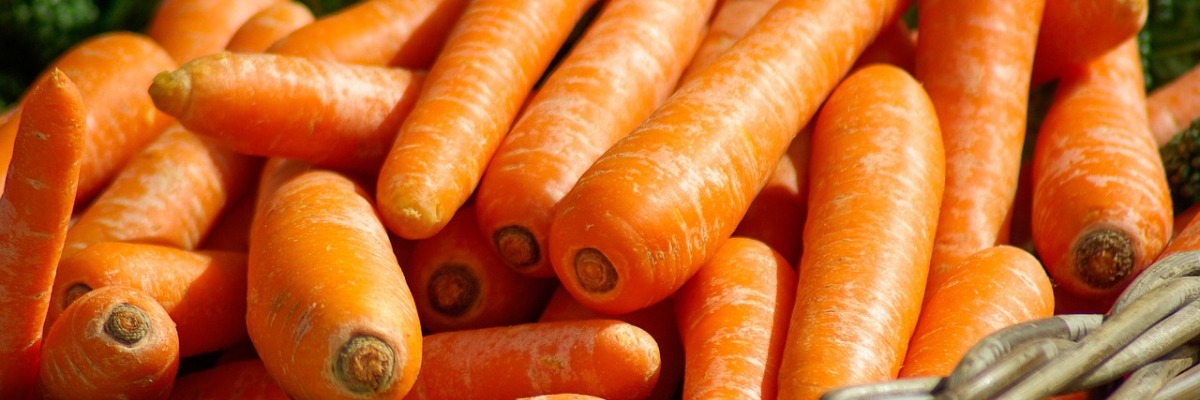
Look for orange foods! Carrots contain a good natural amount of Vitamin A, and sweet potatoes contain even more.[1]
Vitamin A plays a key role in maintaining a clear cornea, the outer layer of film around your eye.[5] It is also a component of rhodopsin, a protein in your eyes that helps you to see in low light conditions.[6] These things combined make it an essential dietary requirement for Dry Eye patients, because it helps to protect and strengthen your eyes.
4. Citrus Fruits
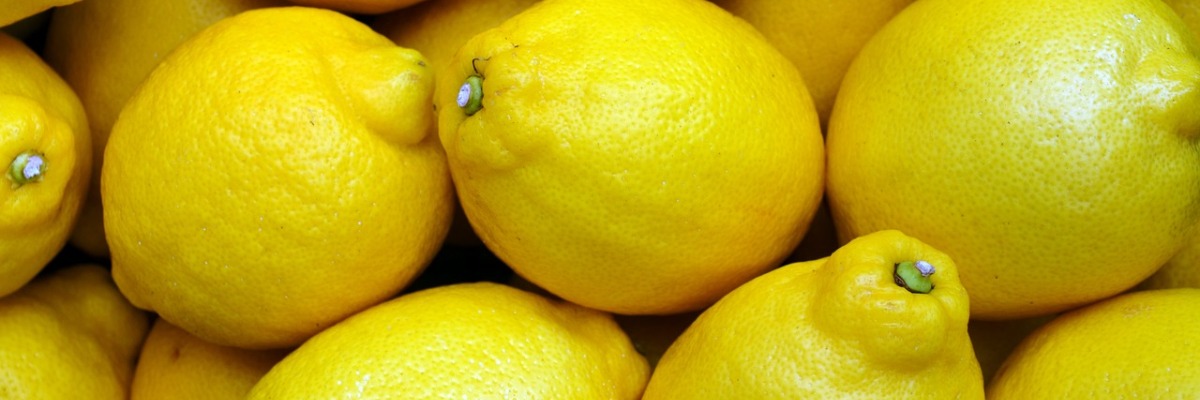
As most people know, citrus fruits like lemons, grapefruit and oranges are packed full of vitamin C, which, as mentioned above, is an antioxidant key to preserving eye health. There has also been evidence that antioxidants can help prevent age-related macular degeneration and cataracts.[7]
5. Nuts
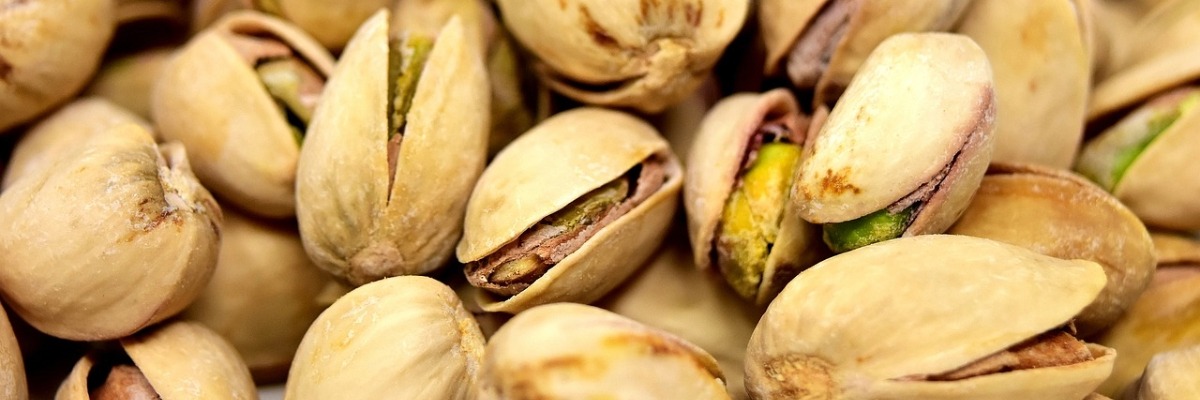
Nuts, especially almonds, walnuts and cashews, are high in Omega 3 fatty acids and Vitamin E.[8] Vitamin E is an antioxidant which protects your eyes from being damaged by harmful free radicals that cause cells to degenerate as you age.[9]
6. Seeds
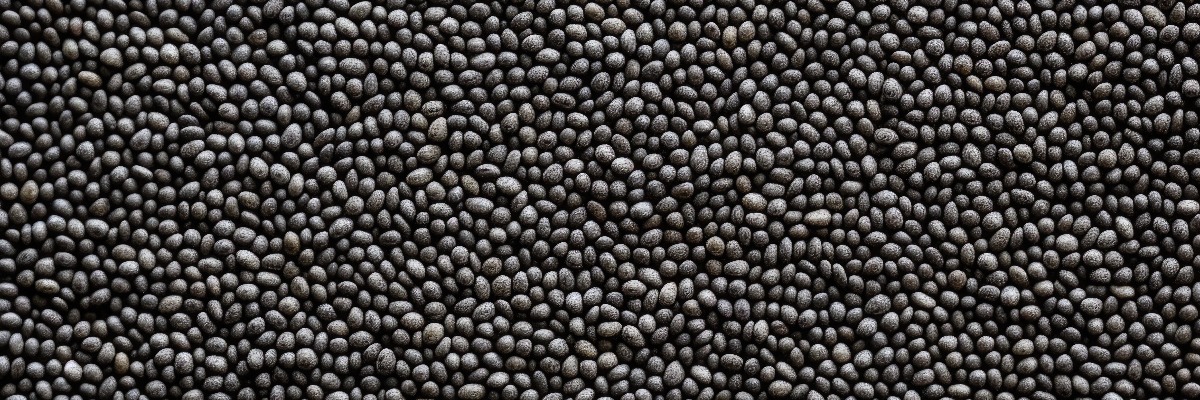
Seeds, like chia and flax seeds are another great source of Omega 3 fatty acids, and a brilliant alternative for vegetarians.[10]
7. Beans
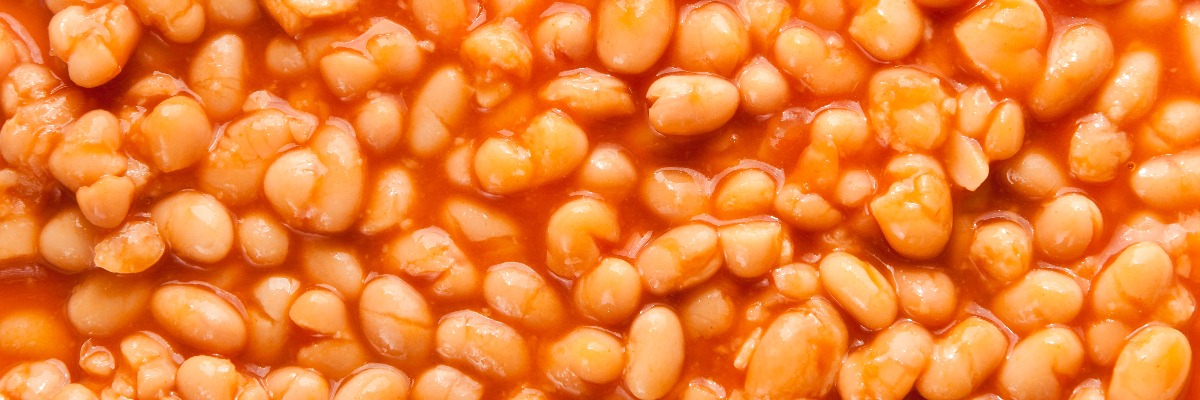
All types of beans are great to eat anyway, for a well-balanced diet full of fibre and protein, but they are even more beneficial for Dry Eye sufferers as they contain folate and zinc. Zinc helps your body to create melanin, which prevents your eyes from damage and is vital in preventing and treating Dry Eye Syndrome.[11]
8. Milk-based foods
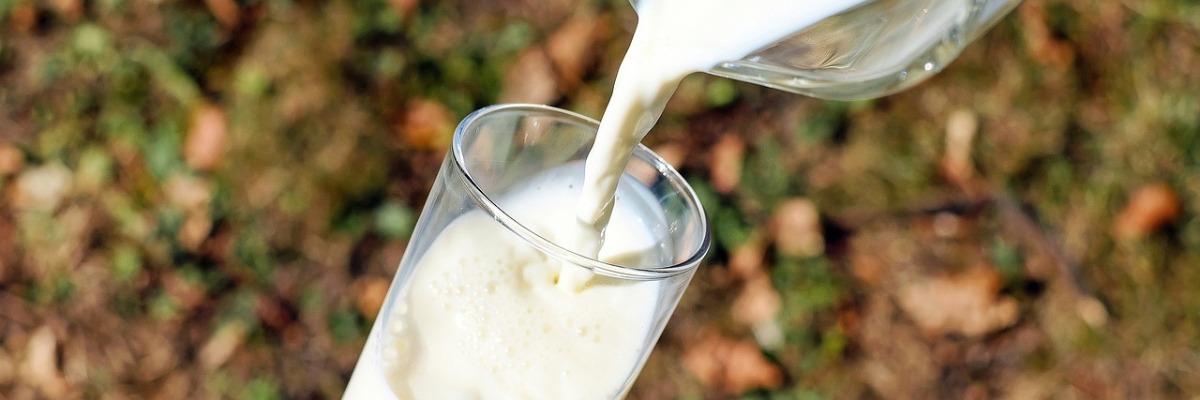
Dairy products have vitamins and minerals that are great for dry eyes. Cows milk, active yogurt and soy milk all contain vitamin A.[12] For more information on dry eyes and vitamins, visit our blog: 6 Vitamins for Dry Eyes
What is the best thing to drink for dry eyes?

Without a doubt, water is the best thing to drink for dry eyes. Eyes become dry when they are dehydrated, like the rest of the body. So, drinking enough water can help to keep them hydrated. Experts recommend drinking between 8 and 10 glasses of water a day if you suffer from Dry Eye Syndrome.[13]
What food should I avoid with dry eyes?
There are a few foods that can make dry eyes worse! You should avoid eating these, or keep these to a minimum in your diet. Here are the foods:
1. Alcoholic drinks
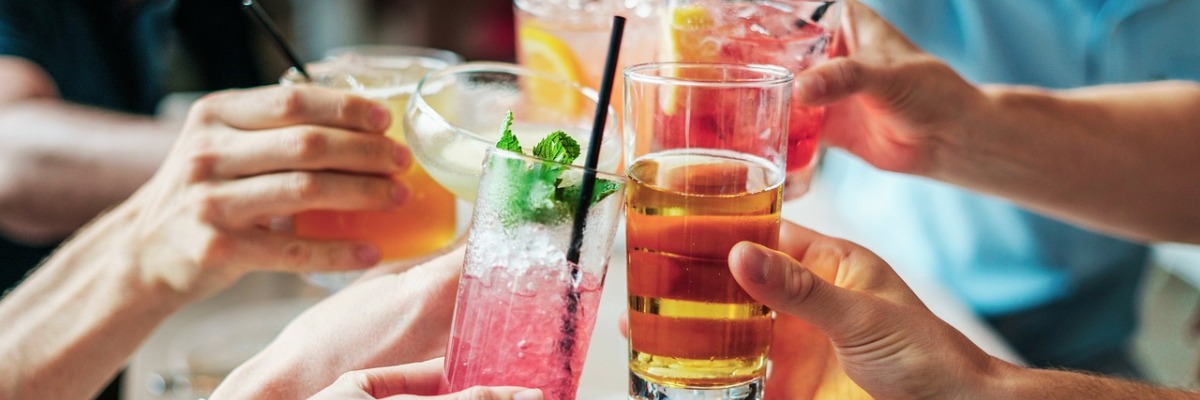
Alcohol increases the sugar level in your blood, which causes your eyes lenses to swell up, resulting in dry eyes.[14] You should therefore avoid consuming any alcoholic beverages. For more information, visit our blog: Is Drinking Alcohol Bad For Your Eyes?
2. Sugary snacks
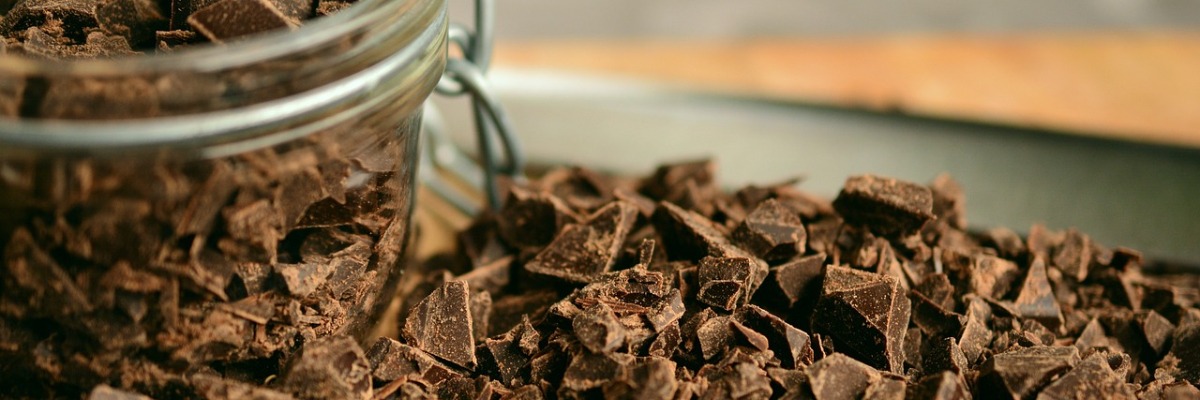
When your blood sugar is high, it can damage the nerves in your eyes. This can result in fewer tears being created, linking to dry eyes.[15] So, you should avoid sweets, chocolate and crisps.
3. Fast food

Fatty foods can produce cholesterol, which can block the veins in your eyes. This can lead to poor eyesight and conditions like Dry Eye Disease.[16] Avoid chicken nuggets, pizza, pasta and more.
Can food allergies cause dry eyes?
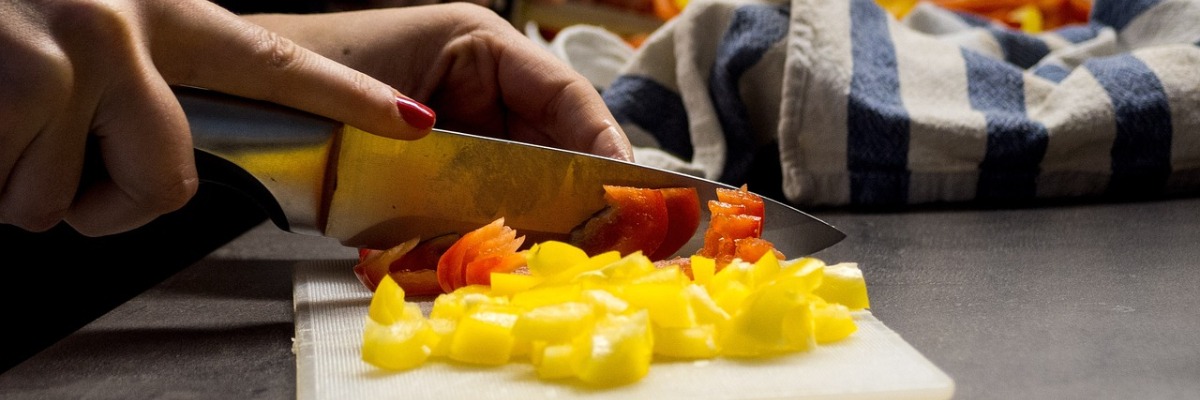
When you have an allergic reaction to food, your immune system is overreacting to certain types of food. This can cause inflammation in your eyes, leading to Dry Eye.[17] For information on hay fever allergies, visit our blog: How Does Hayfever Season Affect Dry Eye Sufferers?
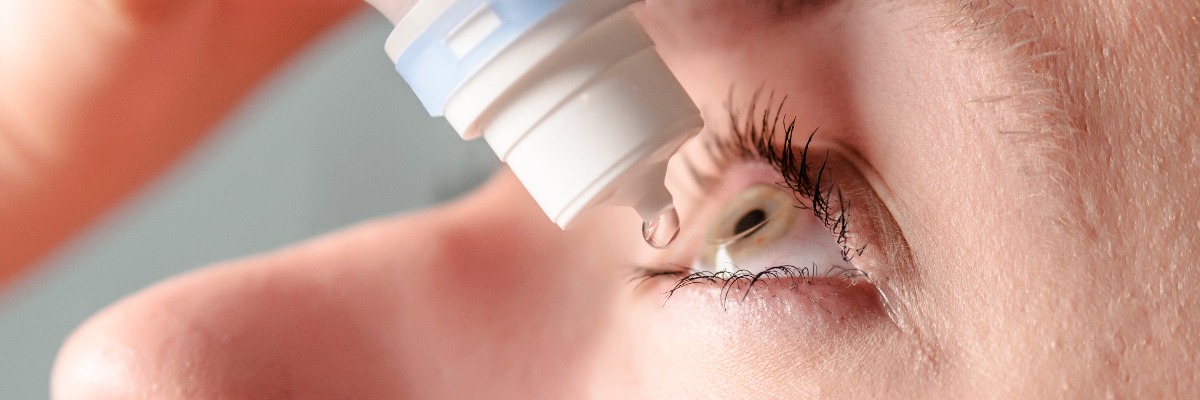
Improving your diet and hydrating can really help to alleviate symptoms of Dry Eye, but they are not a complete cure and preventative treatment as eye drops and artificial tears should still be used to manage the condition.
Using VisuXL drops® in conjunction with a balanced diet is a great way to combine preventive care and alleviate symptoms. Visit the Visufarma website to explore a range of treatments that can be used in conjunction with a balanced diet to treat symptoms of Dry Eye syndrome. Click here to shop: Visufarma Shop
In most cases, the best way to treat dry eyes, Also known as dry eye syndrome, is to use eye gel or eye drops.
VisuXL Gel® is a preservative-free smart gel lubricant for dry eye syndrome. It provides comfort in a bottle with it’s long-lasting lubrication properties giving 12-hour dosing with just one drop and is suitable for both day and night use.
VisuXL® is a preservative-free eye drop lubricant for dry eye syndrome. Due to its unique ingredients, VisuXL® will help you recover from eye surgery, an injury or persistent damaging dry eye.
VisuEvo® is a preservative-free eye drop that prevents excessive evaporation of the tear film. Its unique formula contains omega-3 essential fatty acids, Vitamins A and D and ultra-filtered phospholipids that facilitate tear film presentation and control evaporation.
All three products are contact lens-friendly and can be used for 180 days after opening.
Shop now
References
- Vimont, C. ‘36 Fabulous Foods to Boost Eye Health’, American Academy of Ophthalmology, 07/04/2023. Accessed July 2023.
- Performance Lab, ‘Vitamin C and Dry Eyes’, 13/01/2021. Accessed July 2023.
- Wang H, Daggy BP. ‘The Role of Fish Oil in Inflammatory Eye Diseases’, Biomed Hub, National Library of Medicine, 21/02/2017;2(1):1-12. Accessed July 2023.
- Pearson, S. ‘Should You Use Fish Oil for Dry Eyes?’, Healthline, 07/07/2020. Accessed July 2023.
- Meixner, M. ‘The 9 Most Important Vitamins for Eye Health’, Healthline, 26/02/2023. Accessed July 2023.
- Medical News Today, ‘What are the best vitamins for eye health?’, 16/02/2023. Accessed July 2023.
- Mills, D. ‘Extra Vitamin C May Reduce Risk of Getting Cataracts’, 01/04/2016. Accessed July 2023.
- Mayo Clinic, ‘Nuts and your heart: Eating nuts for heart health’, 02/08/2022, Accessed July 2023
- American Optometric Association, ‘Diet and Nutrition’. Accessed July 2023.
- Ajmera, R. ‘The 7 Best Plant Sources of Omega-3 Fatty Acids’, 22/12/2021. Accessed July 2023.
- Berg Feinfield Vision Correction, ‘6 Foods to Eat to Help Dry Eye’, 27/02/2020. Accessed July 2023.
- Gonna Need Milk, ‘Milk vs. Soy Milk’. Accessed July 2023.
- Complete Eye Care, ‘How Does Hydration Affect My Eyes?’. Accessed July 2023.
- Ferrier & Machinnon Optometrists, ‘Dry January, Not So Dry Eyes’. Accessed July 2023.
- Srakocic, S. ‘Can Diabetes Cause Dry Eyes?’, Healthline, 14/01/2022, Accessed July 2023.
- Maxivision Super Speciality Eye Hospitals, ‘What types of food are bad for your eyes?’. Accessed July 2023.
- Not A Dry Eye, ‘Treating Food Sensitivities’. Accessed July 2023.





